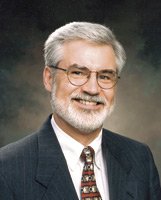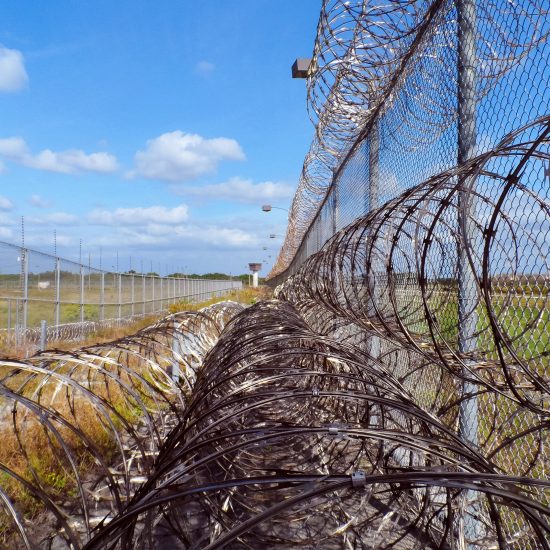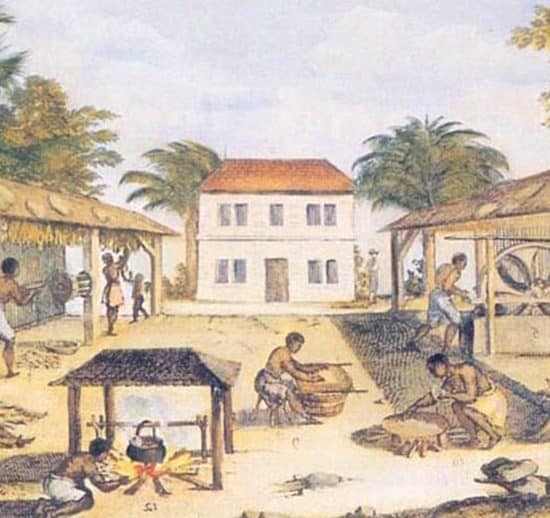Martin Luther King Jr. helped white guys like me. His convictions and his courage helped free me to be a more complete person. His influence — and the influence of others like him — helped me to be more like Christ and less like people who value only those who share their own prejudices and even hatreds.

Bill Webb
|
Ultimately, the influence of this black preacher and others like him did not make me color-blind. Sometimes it is good not to notice the difference between us human beings in matters like culture, color or economic differences. Respect another person as a fellow human, plain and simple — pretty good advice. But it is far better to acknowledge differences in the human fabric, grow in our understanding of these differences and learn to appreciate distinctives that sometimes are downright remarkable.
My growing-up years were spent in a very integrated part of a small community where residents took note of racial differences. We were part of a Midwestern town. We shared public water fountains, but not every eating establishment welcomed blacks. Our grade school included children both black and white from families that were generally considered to be lower-middle-class economically. Some of our neighbors back in the ’50s and ’60s were like the Hicks family, who lived in abject poverty in a ramshackle house on the edge of town.
Our neighborhood school had some very fine teachers who helped provide an environment where we were expected to maintain appropriate behavior and relationships regardless of our color. That wasn’t always easy. My perception was that administrators and teachers were even-handed in handling disciplinary and relationship issues.
We kids bonded as athletic teammates through softball and basketball tournaments with the other four grade schools in town, as well as music and art.
The Edison Midgets, as our teams were aptly called, unexpectedly won the city basketball title my sixth-grade year. Our coach was relatively new to town. As he and the parent of another player loaded us into their cars for a post-championship celebration meal, Coach Taylor suggested the name of a restaurant where we might go for a round of burgers and soft drinks to savor our 21-20 win.
The parent pulled Coach aside and simply remarked, “We wouldn’t be welcome there.” As an 11-year-old, I understood exactly what he meant. It would have been scandalous for black youngsters — even the city basketball champs — to have entered the establishment.
We still enjoyed hamburgers. We just pulled into a drive-in and ate within the crowded cars. It wasn’t elegant, but a post-game meal together was something new for us. Winning had its advantages.
I learned some things about basketball from my black teammates. Among them, Freeman Teaberry was a skilled ball handler; Truman Carradine, a smooth jump-shooter; and Frank Sanders, a rugged rebounder. There were others. Honestly, we won our final game because they were on our team.
Outside of school, things were different. We played basketball outdoors on makeshift half courts at a couple of homes and on the property behind Bill Rocket’s neighborhood market. It would have been unusual for blacks and whites to have played together in those settings. I didn’t question it then.
I learned about collecting stamps and coins from one of my African-American grade school classmates. I had no idea that he did those things until he mentioned it. Until then, we had not been in each other’s homes. He coached me well enough that I started my own collections. I learned more about my classmate and things we could have in common.
My life has continued to be enriched because of relationships with people that I might never have known had not some bridges of acceptance been crafted, particularly in religious life.
Thankfully, though our culture has not fully arrived in the area of civil rights, we are finally discovering the richness that comes with greater understanding, mutual respect and appreciation. Martin Luther King Jr., other blacks, many whites and others of their ilk did some daring and risky things, not only for badly treated groups of people but for a whole nation struggling to live up to its own principles.
King’s actions cost him his life. Others died, too.
For people of faith, Jesus is the barometer for how to function in this realm of race relations. Some still haven’t bought in because they are fearful people who lack the courage to follow the clear admonition of scripture. Some cite selected passages in foolish attempts to elevate their own superiority over others.
King’s contribution was not simply to argue for humane treatment of a group routinely treated inhumanely. It was to break down walls to help every person be free to be all God intended for his creation.
For God’s sake, be this kind of catalyst. Work still remains.
Bill Webb is editor of Word&Way.



